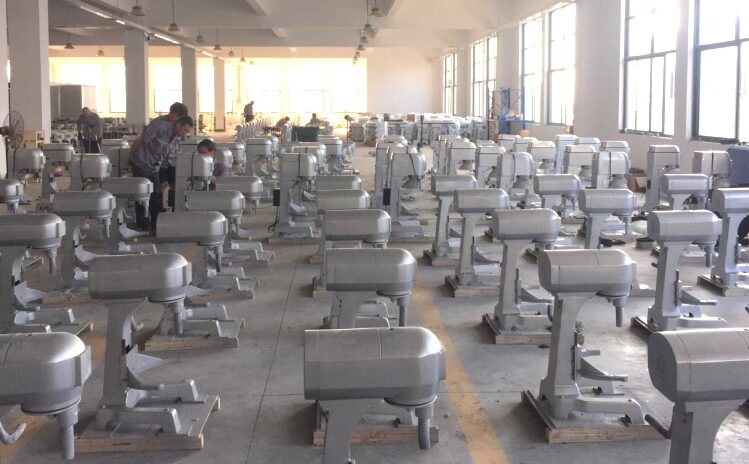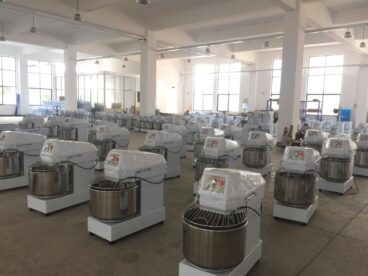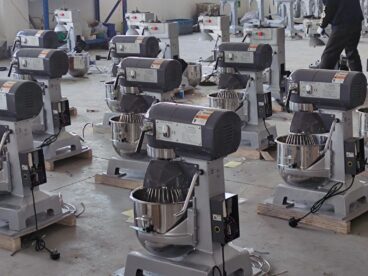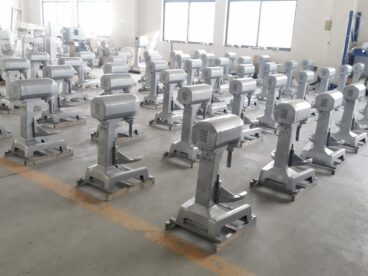In the realm of kitchen appliances, mixers play a crucial role in simplifying the process of baking and cooking. Whether you’re a seasoned chef or an enthusiastic home cook, having the right tools can make all the difference. Two common types of mixers that often spark debate are stand mixers and electric mixers. While they both serve the purpose of mixing ingredients, they have distinct features and functionalities that cater to different needs.
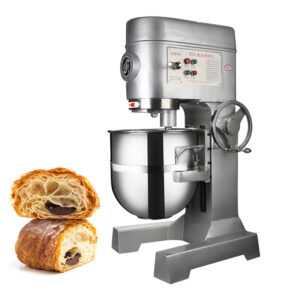
food mixer
Understanding Stand Mixers
A stand mixer is a powerful countertop appliance equipped with a sturdy stand and a mixing bowl. It typically comes with various attachments such as a whisk, paddle, and dough hook, each designed for specific mixing tasks. Stand mixers are known for their robustness and ability to handle large batches of dough and batter without much effort from the user. They are particularly favored in professional kitchens and by serious home bakers for their versatility and efficiency.
Exploring Electric Mixers
On the other hand, electric mixers encompass a broader category that includes hand mixers and smaller countertop models. These mixers are generally more compact and lightweight compared to stand mixers. They are convenient for tasks that require less power and smaller quantities of ingredients. Electric mixers are popular among casual bakers and those who value portability and ease of storage.
Key Differences in Functionality
- Power and Capacity: Stand mixers are typically more powerful and can handle heavier tasks like kneading bread dough or whipping large volumes of cream. Electric mixers, while less powerful, excel in tasks that require less effort and smaller batches.
- Versatility: Stand mixers come with a variety of attachments that extend their functionality beyond mixing, such as pasta makers, meat grinders, and vegetable spiralizers. Electric mixers are generally focused solely on mixing tasks.
- Ease of Use: Stand mixers operate hands-free once ingredients are added, allowing users to multitask. Electric mixers require manual operation and are more suitable for quick mixing jobs.
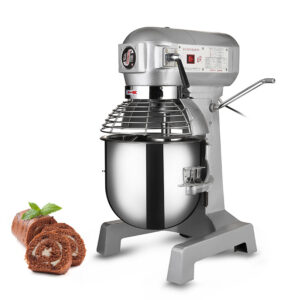
Choosing the Right Mixer for Your Needs
The decision between a stand mixer and an electric mixer ultimately depends on your cooking and baking habits:
- Professional Bakers: Those who frequently bake bread, cakes, and large batches of cookies may find a stand mixer indispensable due to its power and capacity.
- Home Cooks and Casual Bakers: For occasional baking tasks like whipping cream, mixing pancake batter, or preparing frosting, an electric mixer might be more practical and cost-effective.
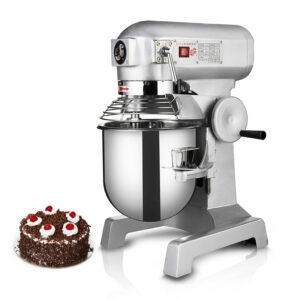
Conclusion
In conclusion, while both stand mixers and electric mixers serve the fundamental purpose of mixing ingredients, they cater to different needs based on power, capacity, and versatility. Choosing the right mixer involves assessing your cooking habits, kitchen space, and desired functionality. Whether you opt for the robustness of a stand mixer or the convenience of an electric mixer, having the right tool can significantly enhance your culinary experience.
Understanding the strengths and limitations of each type of mixer allows you to make an informed decision that aligns with your cooking style and preferences. Whichever mixer you choose, both stand mixers and electric mixers contribute to creating delicious meals and treats in your kitchen.
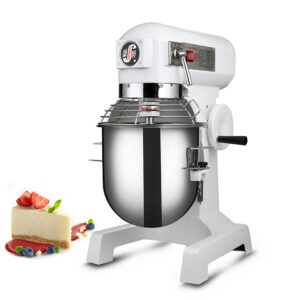
DONGQING has a stand mixer for every baker,from the B-10 for small-batch baking to the B-60 for high-volume tasks.
All DONGQING mixers are built to last and come with a warranty. To learn more, visit DONGQING today and shop for the perfect stand mixer


